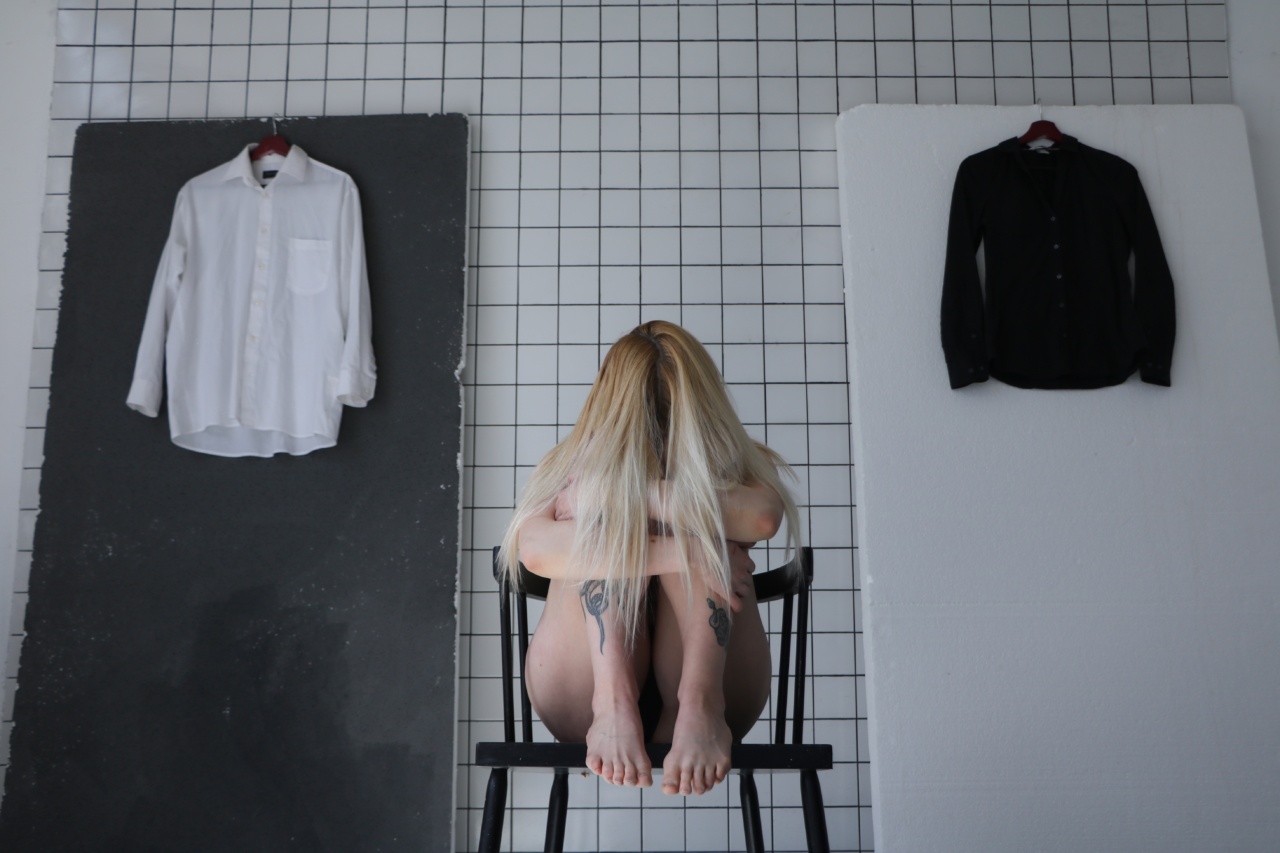As the winter months approach, some people may start to experience a type of depression known as Seasonal Affective Disorder, or S.A.D.
This condition is linked to the lack of sunlight during the colder seasons and can lead to a variety of symptoms, such as fatigue, irritability, and sadness.
But fear not, there are ways to combat S.A.D. and make the winter months more bearable. Here are some tips to help you beat seasonal affective disorder:.
1. Get outside
One of the best ways to combat S.A.D. is to get outside and soak up as much natural light as possible. Even on overcast days, the light outside can help boost your mood and energy levels.
If it’s too cold or snowy to go for a walk, try sitting by a window or going for a short drive.
2. Exercise regularly
Exercise is an excellent way to combat depression, including S.A.D. Regular physical activity can help to improve mood and reduce stress levels. Try to aim for at least 30 minutes of exercise every day.
If it’s too cold to go outside, try an indoor workout video or gym session.
3. Eat a healthy diet
Your diet can also have an impact on your mental health. Try to eat a balanced diet with plenty of fruits, vegetables, and lean proteins. Avoid heavy, high-carb meals that can make you feel sluggish and tired.
Vitamin D and omega-3 fatty acids have also been shown to help with depression, so consider adding more fish, eggs, and milk to your diet.
4. Practice self-care
Winter can be a stressful time with the holidays, family gatherings, and work deadlines. It’s important to make time for yourself and prioritize self-care. This could be anything from taking a relaxing bath to reading a good book or meditating.
Find activities that help you relax and unwind.
5. Use a lightbox
Light therapy can also be effective in treating S.A.D. A lightbox is a device that simulates natural sunlight and can help regulate your body’s circadian rhythm.
Use a lightbox for at least 30 minutes every morning to help improve your mood and energy levels.
6. Consider therapy
If you’re struggling with S.A.D., don’t hesitate to seek professional help. A therapist can help you identify coping strategies and provide support through the winter months.
They may also recommend other treatments such as medication or cognitive-behavioral therapy.
7. Stay connected
Winter can be isolating, especially if you live in a colder climate. It’s important to stay connected with loved ones and friends. Make plans to see people regularly or schedule phone or video calls.
Having a support system can help lift your mood and provide a sense of community.
8. Create a cozy environment
Create a cozy environment in your home to help combat the effects of S.A.D. This could be anything from lighting candles to investing in soft blankets and pillows.
Surrounding yourself with things that make you feel comfortable can help improve your mood and provide a sense of well-being.
9. Get enough sleep
Sleep plays a crucial role in our mental health. Getting enough restorative sleep can help improve mood and reduce stress levels. Aim for at least 7-8 hours of sleep every night.
If you’re struggling with sleep, create a bedtime routine and avoid electronics before bed.
10. Be kind to yourself
Remember, it’s natural to feel down during the winter months. Be kind to yourself and don’t beat yourself up for struggling with S.A.D. Practice self-compassion and take things one day at a time.
With these tips, you can survive and thrive during the winter months.





























